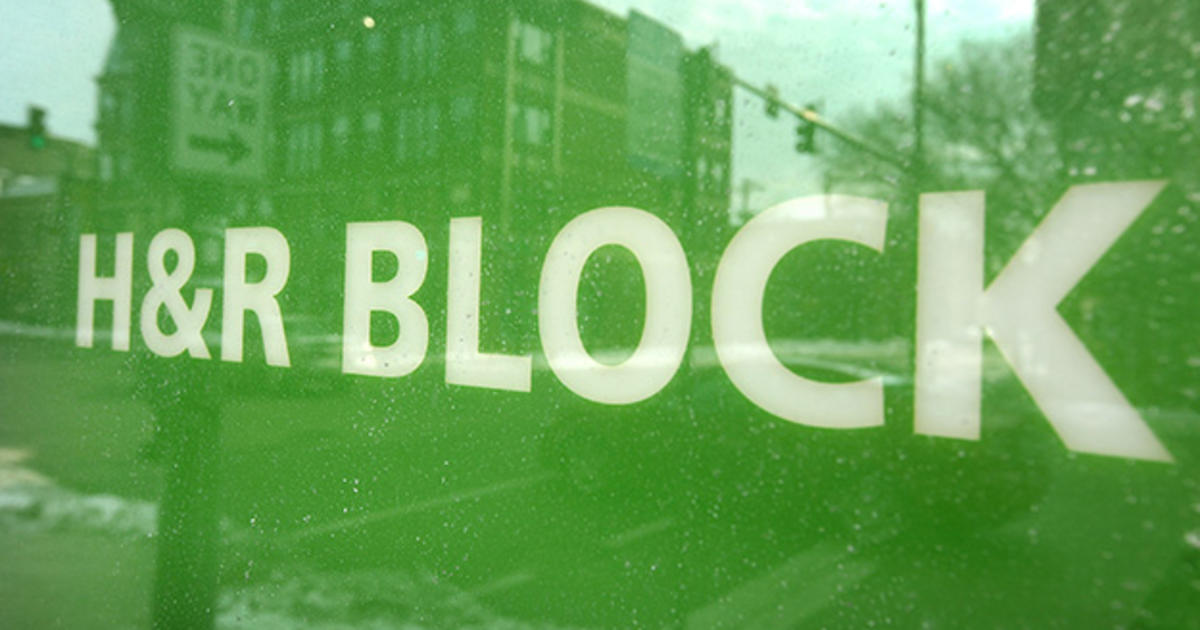3 moves to make by the end of 2017 if GOP tax bill becomes law
Many Americans engage in end-of-the-year tax planning, but 2017 is shaping into an unusual exercise in strategizing given the Republicans' massive tax overhaul, which could be signed by President Trump before Christmas Day.
The House on Tuesday afternoon passed the tax overhaul. The Senate will take it up later in the evening.
- House approves final GOP tax bill
- Here's a surprising winner of the tax cut bill
- How 4 different households would fare under the GOP tax bill
The legislation will impact almost every American by changing their tax brackets and limiting or curtailing some popular deductions. Key to understanding the tax reform effort is that its provisions largely take effect on January 1, which means taxpayers have only a few remaining days in 2017 to make adjustments that will benefit their tax filing for this year.
"The level of concern is high regarding, 'Is this going to change my outlook in the future? Am I going to owe more taxes?'" said Johanna Seenath of wealth management firm PagnatoKarp.
Her clients, who tend to be wealthy households, are concerned with issues ranging from how the $10,000 limit on state and local tax deductions will impact them to the alternative minimum tax, which will remain in the tax code, although with higher thresholds.
Yet it's not only wealthy Americans who need to worry, given that many middle-class Americans who live in expensive states like New Jersey or New York are socked with annual property tax bills that exceed $10,000 for even modest homes.
"With lower rates potentially next year and some deductions going away or being limited, that makes planning more attractive" in the last two weeks of the year, said Mark Luscombe, principal federal tax analyst at Wolters Kluwer Tax & Accounting.
1. Pre-pay your 2018 property taxes, if possible
Taxpayers who itemize their deductions may want to consider prepaying their 2018 property taxes before Dec. 31. Because the tax bill will cap the deduction for state and local taxes (SALT) at $10,000 starting next year, homeowners in high-tax regions like New York or New Jersey can maximize their SALT deductions in 2017 by prepaying next year's property taxes before Dec. 31.
However, Seenath said she doesn't recommend prepaying property taxes for homeowners who use a bank to escrow the funds, because of the potential for crossed wires with the bank.
So why not prepay all 2018 state income taxes this year? The new bill says 2018 taxes are only deductible in 2018 or later, although that "is only binding on income taxes," according to the Tax Foundation.
2. Make bigger charitable donations
The GOP tax bill almost doubles the standard deduction to $12,000 for single people and $24,000 for married couples. That means taxpayers whose deductions fall below those caps won't be able to itemize starting in 2018.
Because of that, taxpayers may want to consider contributing more to charity in 2017 while they're more likely to be able to itemize their deductions. The value of those deductions will be greater this year compared with 2018, when many taxpayers will be pushed into a lower tax bracket under the new GOP provisions.
"We always recommend accelerating deductions to the extent that you can," Seenath said. "I would rather take a deduction against a 39.6 percent tax rate instead of 37 percent rate," she said, referring to how the highest individual tax bracket will change from 2017 to 2018.
3. Defer income until 2018
Many taxpayers will find themselves in a lower tax bracket next year under the GOP provisions. For instance, married couples who earn a combined income of $80,000 will be in a 22 percent tax bracket next year, compared with 25 percent under the current law.
That creates an incentive to defer income until next year, when tax rates may be lower. Of course, that's not possible for those Americans who receive a paycheck every two weeks from their employers. But workers who expect year-end bonuses could talk with their employers about delaying payment until 2018. Likewise, contractors can ask clients to delay payment until after January 1, and small business owners can consider pushing their own income payouts into the new year.



